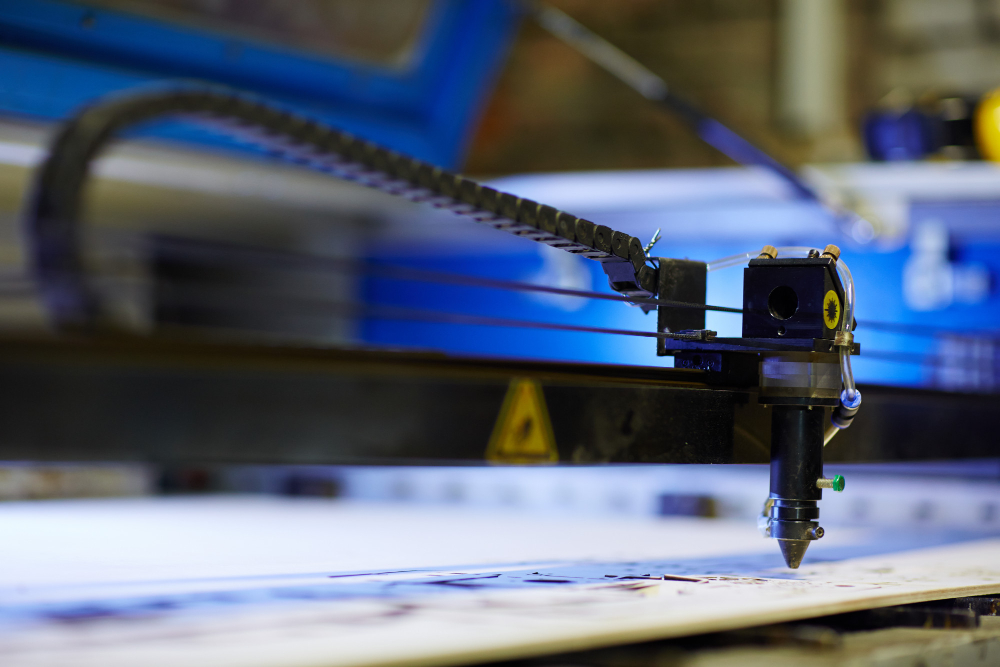Soft water is often seen as a magical elixir that transforms the way we live, making everyday chores easier and our homes happier. In this article, we’ll explore the benefits of soft water supplies, their differences from hard water, methods of softening, and how to choose the right softening system for your home. By the end, you’ll have a clear understanding of why many opt for soft water supplies.
Introduction to Soft Water and Its Significance
Soft water is water that has low levels of dissolved minerals, particularly calcium and magnesium ions. These minerals, when present in high concentrations, create what’s known as hard water. Softening the water involves removing or reducing these minerals, resulting in numerous advantages for households and the environment.
Understanding the Differences: Soft Water vs. Hard Water
Hard water can cause various issues, from leaving scale buildup in pipes to making it difficult to lather soap. In contrast, soft water lathers easily, is gentle on the skin and doesn’t leave residue on surfaces. Understanding these differences helps you make an informed decision about your water supply.
The Benefits of Using Soft Water
For Household Use
Soft water promotes cleaner dishes, softer laundry, and a more refreshing showering experience. The absence of mineral deposits ensures your appliances and fixtures last longer.
For Appliances and Plumbing
Using soft water in appliances like washing machines and dishwashers extends their lifespan by preventing scale buildup and maintaining optimal functionality.
For the Environment
Reducing the usage of harsh detergents and preserving appliances ultimately contributes to a more eco-friendly household.






